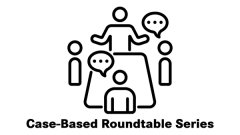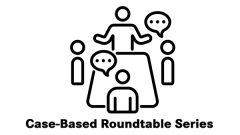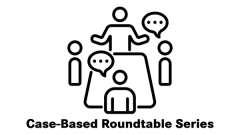Discussing the Use of Anti-CD38 Combination Therapy in RRMM

Joshua Richter, MD, discusses the available combination therapies for patients with early relapsed/refractory multiple myeloma using anti-CD38 monoclonal antibodies.
Episodes in this series
Joshua Richter, MD, associate professor of medicine, division of hematology and oncology, at the Tisch Cancer Institute, Icahn School of Medicine, and the director of multiple myeloma at the Blavatnik Family-Chelsea Medical Center at Mount Sinai, discusses the available combination therapies for patients with relapsed multiple myeloma.
Defining the different groups of early and late relapse, Richter highlights that therapy would be different for each. In the early relapse setting, the use of an anti-CD38 monoclonal antibody in combination with carfilzomib [Kyprolis] remains the best option. The current anti-CD38 therapies available to combine with carfilzomib are daratumumab [Darzalex] and isatuximab [Sarclisa].
Data supporting these combinations come from the phase 3 CANDOR study (NCT03158688) that showed that patients with relapsed/refractory multiple myeloma maintained their median progression-free survival (PFS) of 28.6 months (95% CI, 22.7–not estimable) compared with patients on carfilzomib alone (HR, 0.59; 95% CI, 0.45-0.78; P < .0001). In the phase 3 IKEMA study (NCT03275285), the addition of the anti-CD38 therapy isatuximab significantly improved PFS for these patients compared with carfilzomib and dexamethasone alone (HR, 0.53; 99% CI, 0.32-0.89; P = .0007). Looking at later-line relapses, Richter highlighted the continuing use of chimeric antigen receptor (CAR) T-cell therapy and novel bispecific antibodies.
Transcription:
0:07 | In general, when we talk about [patients with] relapsed myeloma, we talk about early relapses and late relapses. Early relapse is 1 to 3 prior lines of therapy and late relapses are 4 or more prior lines [of therapy]. And one of the areas that has really dominated the field of early relapse is CD38-based therapy, so daratumumab- and isatuximab-based combinations.
0:30 | Although we can combine these with a variety of therapies, we recognize that CD38 therapy plus Kyprolis has given us some of the most impressive data in the early relapse [setting], specifically with either daratumumab and Kyprolis or isatuximab and Kyprolis. For later line relapses, we're really looking towards the T-cell redirection therapies, like CAR T-cell therapy and bispecific antibodies.




























